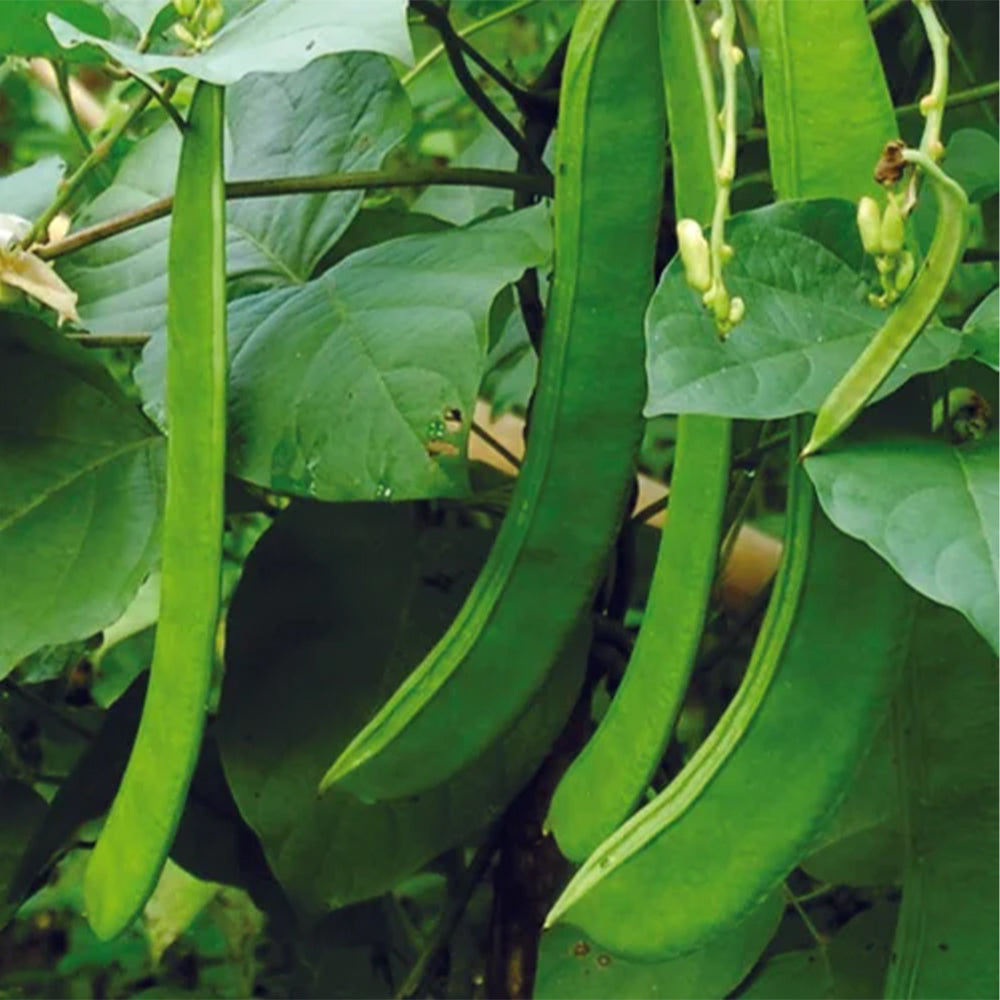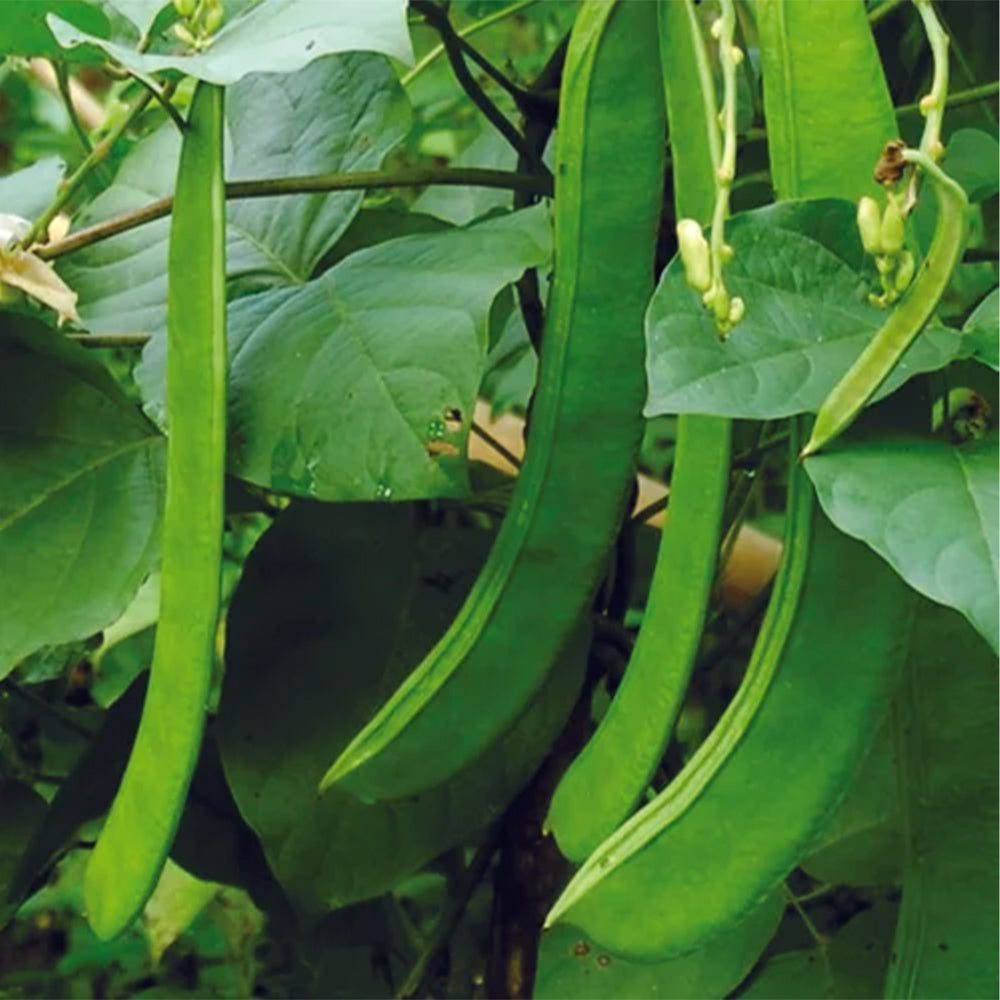1
/
of
1
My Store
Sword Beans White (Chemmakaya) Desi Vegetable Seeds
Sword Beans White (Chemmakaya) Desi Vegetable Seeds
Regular price
Rs. 29.00
Regular price
Rs. 55.00
Sale price
Rs. 29.00
Unit price
/
per
Tax included.
Shipping calculated at checkout.
Couldn't load pickup availability
Product Description
- Germination Time: 7-14 days
- Sunlight Requirement: 6-8 hours per day, in full sun
- Ideal Climate for Sowing: Suitable for all seasons, can be grown in warm climates
- Plant Height: Up to 8 feet
- Organic Fertilizer Requirement: 1-2 cups of compost or organic fertilizer per plant per week
- Life Span: Approximately 6-8 months
- Ideal Growing Temperature: 25-35°C
- Harvesting Time: 80-90 days after sowing
- Maintenance Required: Low to moderate
- Ideal Grow Bag Size: 12x12 grow bag, 12x24 grow bag, 24x24x12 rectangular grow bag, 36x24x12 grow bed
- Number of Seeds: 3-5 Seeds
Specifications of Sword Beans (Chemmakaya) Seeds
Sword beans, also known as Chemmakaya in Telugu, are a desi vegetable prized for their nutritious pods and seeds. They thrive in warm climates and can reach heights of up to 8 feet, making them suitable for both garden plots and larger containers like grow bags. Ensure adequate spacing to promote airflow and prevent fungal diseases.
Benefits / Uses of Sword Beans
- Rich in protein, fiber, vitamins, and minerals
- Versatile in culinary uses, including stir-fries, soups, and curries
- Can be consumed fresh or dried for long-term storage
Planting and Care for Sword Beans
- Sowing Sword Beans Seeds: Plant seeds in well-drained soil or grow bags, ensuring they are covered with soil to a depth of 1 inch. Maintain soil moisture during germination.
- Growing Sword Beans: Requires regular watering and a sunny location. Support taller varieties with stakes or trellises to prevent them from falling over.
- Harvesting Sword Beans: Pods are ready for harvest 80-90 days after sowing, when they are firm and plump. Harvest regularly to encourage continuous production.
Precautions While Growing Sword Beans
- Choose fertile, loamy soil with good drainage.
- Monitor for pests such as aphids and caterpillars; use organic methods to control infestations.
- Avoid over-fertilization, as this can lead to excessive foliage growth at the expense of pod development.
Common Problems and Solutions
- Sword beans may be susceptible to aphids and fungal diseases in humid conditions. Use neem oil or organic fungicides as needed.
- Ensure plants have adequate airflow to prevent mildew and other fungal infections.
Other Names
- Botanical Name: Canavalia gladiata
- Telugu: చెమ్మకాయ (Chemmakaya)
No. of Sword Beans Seeds in a Packet
- Approximately 3-5 seeds
Share


